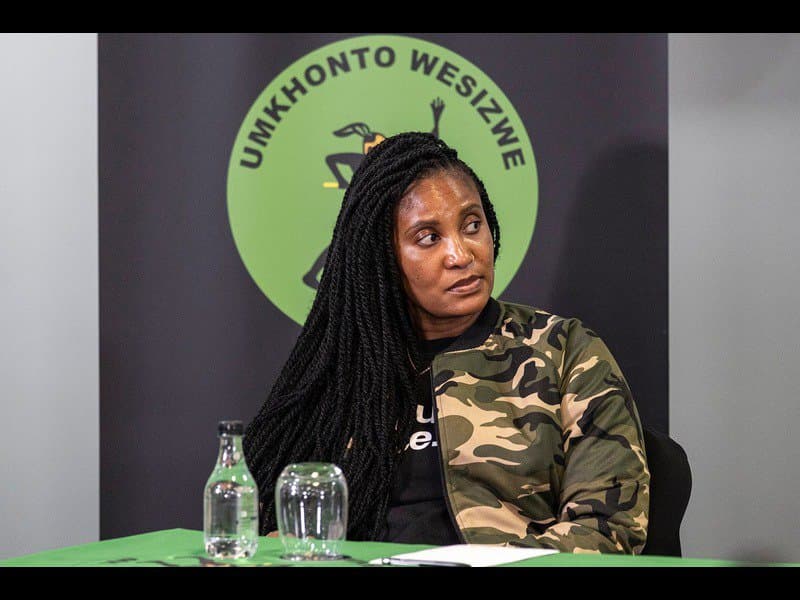Cambodian tribunal upholds life sentences for Khmer Rouge leaders
A UN backed Cambodian tribunal’s supreme chamber on November 23 upheld life sentences for two senior surviving figures of the Khmer Rouge era, rejecting their final appeals and affirming convictions for crimes against humanity. The decision brings a measure of closure to survivors of the 1975 to 1979 regime that killed well over a million Cambodians, while raising questions about reconciliation, institutional reform, and the legacy of international justice.

On November 23, a UN backed Cambodian tribunal’s supreme chamber rejected appeals by two senior surviving figures of the Khmer Rouge era, upholding life sentences and affirming convictions for crimes against humanity. The bench kept the bulk of earlier penalties intact, while acknowledging limited legal errors in some aspects of the original trials. The ruling was welcomed by victims and survivors who attended hearings, and it marks the conclusion of major proceedings at the exceptional hybrid court that combined Cambodian and international judges.
The tribunal’s decision comes half a century after the 1975 to 1979 regime that presided over mass executions, forced labor, starvation and the persecution of ethnic and political groups, resulting in the deaths of well over a million Cambodians. For survivors and families, the supreme chamber’s ruling represents a rare judicial reckoning for senior officials who directed policies that produced widespread atrocity. The court’s work, described by supporters as painstaking and by critics as slow, has been one of the most prominent efforts to apply international standards inside a domestic judicial framework.
Legal analysts noted that the chamber’s acknowledgement of limited errors did not undermine the core factual findings of the earlier trials. Those findings established a chain of command and intent that linked the defendants to systematic crimes against civilian populations. By affirming life sentences, the court has preserved what it framed as proportional punishment for leaders found to have orchestrated and oversaw policies of mass violence.
Beyond the courtroom, the ruling carries broader political and policy implications for Cambodia. The hybrid nature of the tribunal reflected a compromise between international accountability demands and national sovereignty concerns. The end of major proceedings closes a chapter in which international actors played a sustained role in documenting history and enforcing legal norms. For policymakers and donors who tie assistance and cooperation to governance and human rights benchmarks, the verdict will factor into assessments of Cambodia’s institutional trajectory. Improved perceptions of accountability can modestly bolster confidence among foreign partners, but long term investment and diplomatic ties will remain sensitive to ongoing concerns about rule of law, political pluralism and transitional justice for lower level perpetrators who were never prosecuted.
The decision also resonates in the broader field of international justice. It reinforces a precedent that senior leaders can be held to account decades after atrocities, albeit through mechanisms that require complex political negotiation and prolonged legal effort. At the same time, the length and cost of the process underscore structural limits for countries seeking timely domestic adjudication of mass crime.
For survivors who sat in the courtroom on Sunday, the ruling was a symbolic and practical affirmation of suffering endured and of a long search for legal recognition. For Cambodia, it closes one of the most visible legal reckonings with the past, while leaving unresolved questions about memory, reparations and institutional reform that will shape the country’s political and social landscape for years to come.

